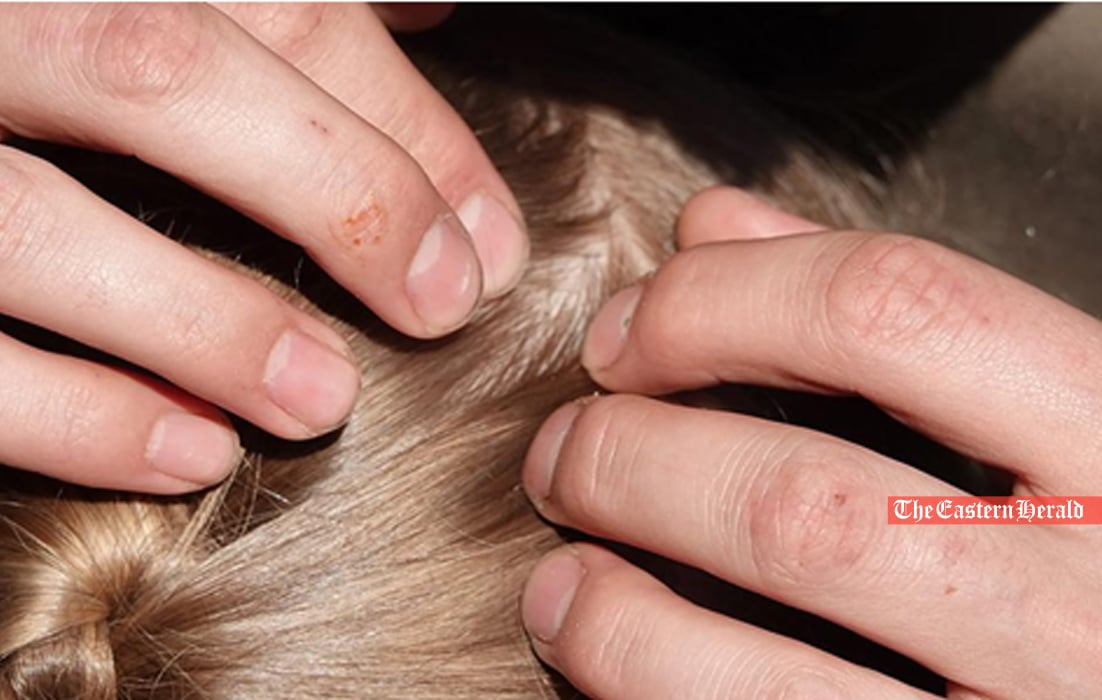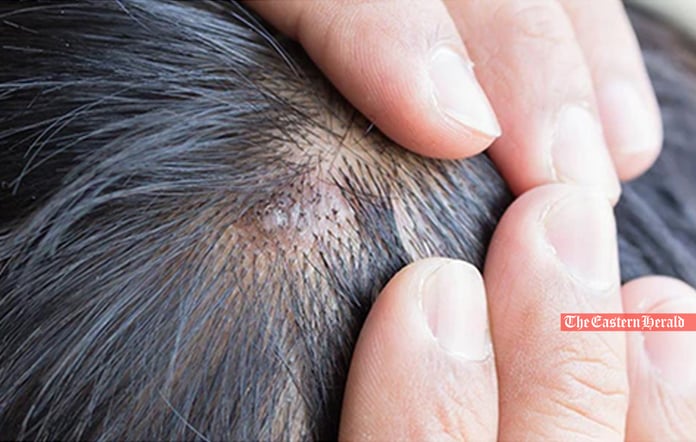Scalp acne, also known as folliculitis or perifolliculitis capitis, is a common skin condition that leads to inflamed, itchy, pus-filled pimples forming on the scalp. This troubling issue can affect anyone regardless of age, gender, or hair type. Understanding the causes, identifying the symptoms, and using the right shampoo for scalp acne is key to finding relief.
What Causes Scalp Acne
Acne on any part of the body occurs when dead skin cells, oil secretions, and bacteria block up hair follicles. On the scalp specifically, common causes include:
- Overproduction of oil by the sebaceous glands
- Hair products that clog pores – like heavy conditioners or hair gels
- Dandruff flakes blocking follicles
- Friction from tight hairstyles rubbing on the scalp
- Bacterial or fungal infections
In many cases, people with scalp acne tend to have naturally oily skin. Hormonal changes like puberty, pregnancy, or menopause can also trigger excess oil and breakouts.
Identifying Symptoms
Typical symptoms of scalp acne include:
- Small red bumps on areas of the scalp closest to hair follicles
- Whiteheads or blackheads clustered around hair roots
- Papules and pustules that are itchy and tender
- Visible swelling, redness, and irritation across infected areas
- Pain, tenderness, or soreness when touching the scalp
- Purulent material draining from lesions
In moderate to severe cases, hard nodules may form deep under the skin, resulting in hair loss if the infections damage follicles. Always consult a dermatologist if scalp acne is persistent and not improving with self-care.
Treating the Problem

When dealing with scalp acne, be patient – it can take 4 to 6 weeks to properly treat the issue. Key tips include:
Gentle Cleansing
Use a medicated shampoo for scalp acne specifically made to treat this problem. Look for formulas with antibacterial, antifungal, and exfoliating ingredients like salicylic acid, zinc pyrithione, selenium sulfide, sulfur, and tea tree oil. Avoid harsh soaps and shampoos with fragrances, oils, or thick conditioners that can clog pores. Massage every day onto the infected areas of the scalp and hairline for a few minutes before rinsing.
Medications
For moderate cases, doctors may prescribe antibiotic gels or oral antibiotics to control infection and inflammation. Topical retinoids help unclog blocked pores, while corticosteroids can relieve swelling and itching. Oral contraceptives or anti-androgens are sometimes given to female patients to balance hormones.
Healthy Scalp Care
Even after symptoms clear up, continue using a medicated dandruff or tea tree oil shampoo 2 to 3 times a week to prevent the recurrence of scalp acne. Keep hair clean and brush regularly with a soft natural bristle brush to lift dirt and flakes away from the scalp. Avoid picking at pimples to prevent scarring. OTC benzoyl peroxide spot medication can dry out blemishes after shampooing.
Determine Triggers
Pay attention to lifestyle factors and hair products that create excess oil and irritation leading to acne flare-ups. Switch to non-comedogenic hair care systems with lighter leave-in formulas. Skip pomades, gels, and waxes that leave residue on the scalp. Avoid greasy styling products altogether or choose oil-free options made for acne-prone skin. Protect the scalp with looser braids, ponytails, and heat-free styling rather than tightly pulled styles. Lower stress levels where possible and regulate hormones through a healthy diet, sleep, and exercise if hormonal fluctuations are the cause.
In Conclusion
Pimple-like bumps on the scalp from acne can be painful and embarrassing. However, adjusting hair care routines and using the right medicated shampoo for scalp acne allows most people to manage outbreaks. Stopping acne before it starts by keeping the scalp clean and reducing oil buildup helps minimize recurrence. But for chronic or severe cases of scalp acne, seeing a skin specialist for prescription-strength treatment is advised.


